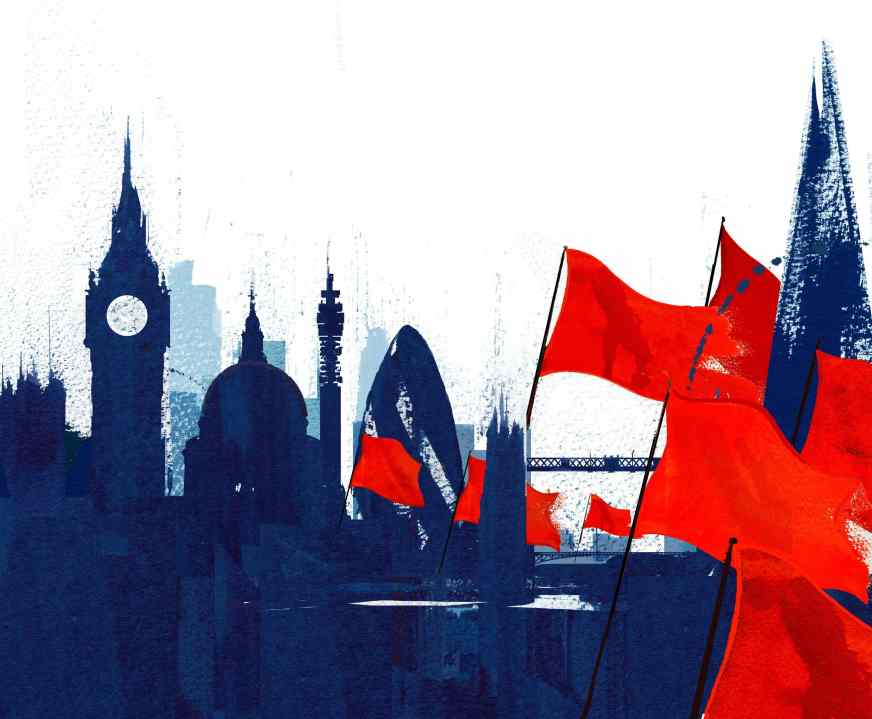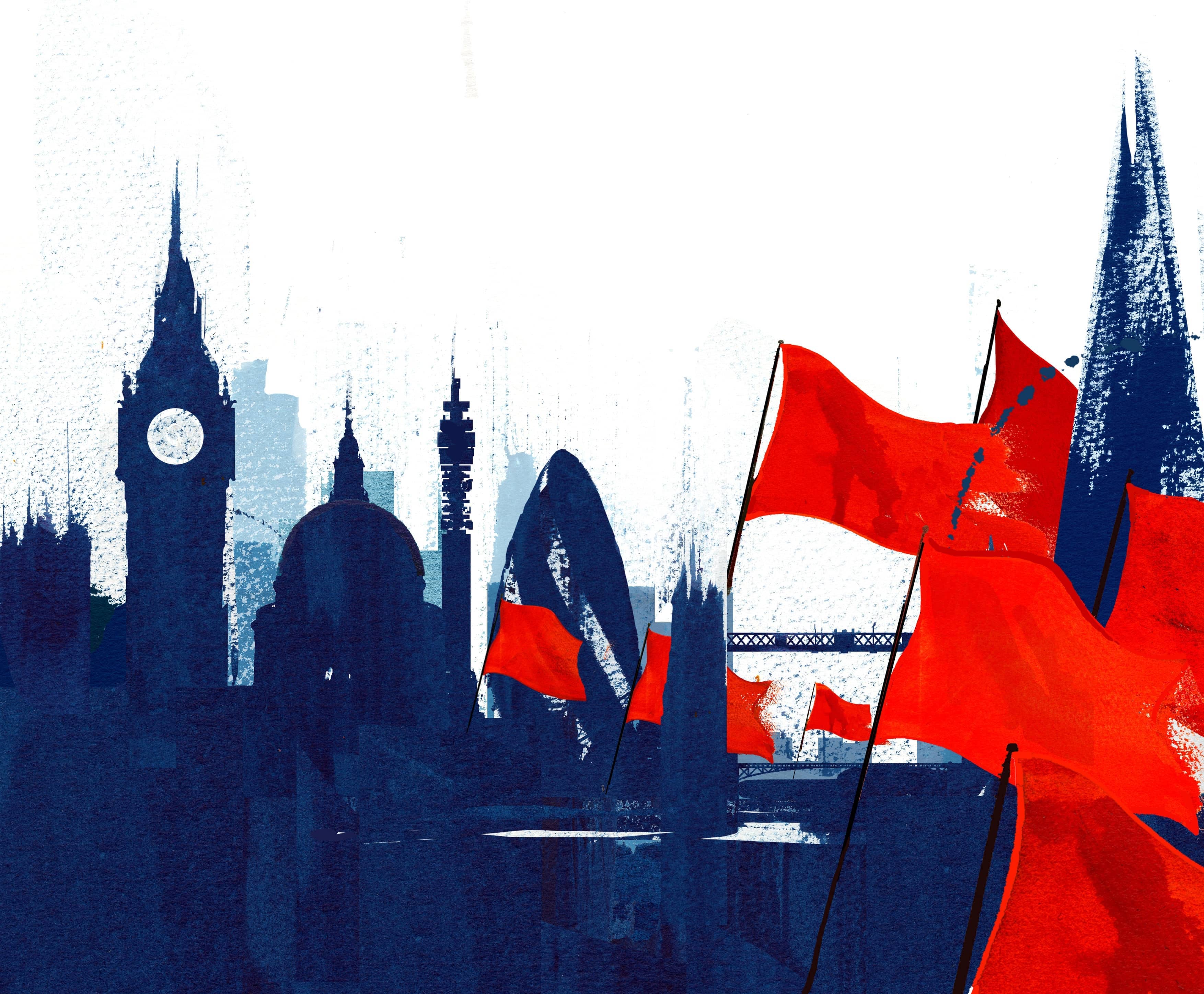Wandsworth, London
I’m writing this in Labour-controlled Wandsworth, my leafy bit of south London. More precisely, I’m writing it sitting outside the sort of coffee shop where the drinks come in jam jars and everyone has a beard.
I’d also bet that every one of the 30-odd people here – staff and customers – has at least one university degree. In the 20 or so years I’ve lived in London, Wandsworth has gone from being a slightly drab place to the sort of area where bright young (and middle-aged) things with high incomes come to live and play.
The two (bearded) twenty-something men on the table next to me are a case in point. They are noting the election result with mild interest before getting back to planning a uni-reunion weekend and comparing notes on the banks they work for.
Wandsworth going red is one of the election results that look like offering material to people who enjoy a narrative of ‘London vs England’.
In that narrative, the country is divided between its rich, liberal capital and its hard-up, socially conservative regions. Labour wins in the former but struggles in the latter. You probably know the story, and if you don’t you’ll hear it soon enough today.
Labour can’t win a majority if it becomes the Graduate party
The problem with this narrative is that it’s not really true, or rather that it misses what’s really going on. It overlooks awkward facts like poverty in London (28 per cent of the capital is poor – the highest rate of any part of England) and the fact that some parts of the supposedly impoverished and miserable north are actually quite happy and comfortable places.
The real flaw with the London vs England story is that it misses the real emerging dividing line in British politics: education.
In 2005, around 26 per cent of the working-age population of England had a university degree. By 2020, that figure was 42 per cent.
Every election since 2016 has shown that a voter’s level of education is associated with their political preferences. Crudely, graduates vote Labour (and Remain) while non-grads vote Tory (and Leave). And no, this isn’t all about age. Two voters of the same age but different educational levels will probably vote for different parties. Young people without degrees are as likely to lean Tory as Labour.
The effect on higher education on political values is massively important, which I why I think everyone interested in politics should know the work of Ralph Scott at the University of Manchester.
His recent research shows clearly how going to university makes a person more socially liberal – but also less supportive of redistributive tax policies.
That finding confirms that politics is going to change: left vs right is going to become increasingly irrelevant, as grad vs non-grad takes over as a major point of political tension.
That will be a national phenomenon. London is just the start of the story, and to be clear, it’s not ‘London’ that changes voting patterns. It’s the flow of graduates to London that are changing London and its politics.
Because people with degrees are likely to end up in London. In all, around 25 per cent of all graduates who move after studying go to London. Another 50 per cent or so move to other cities.
There’s a regional dimension to this. London is now 58 per cent graduates. In the north-east of England, it’s 34 per cent.
At a local authority level, graduate growth is significant today. Consider the places that Labour has just taken in the capital. All have seen major increases in their graduate population.
In 2005, just over 45 per cent of the working-age population of Wandsworth had a university degree. In 2020, the figure was 72.6 per cent. Barnet is now 61.9 per cent graduates, up from 39 per cent in 2005. Westminster’s graduate population went from 42 to 65 per cent. (All my graduate population figures are from here.)
Meanwhile, Labour has not made big gains in places where there are fewer graduates. Indeed, those are the places that graduates often leave to move to London and other cities.
The 2022 local election results only confirm the educational divide in politics.
This divide poses challenges for both big parties. Labour can’t win a majority if it becomes the Graduate party, a British version of America’s Democrats that wins in cosmopolitan cities only. And a Tory party that repels graduates will likewise struggle to win nationwide.
On current showing, I’d guess we’re heading for a hung parliament at the next election and more indecisive, divided politics unless and until someone in politics accepts and addresses the role that educational differences play.








Comments